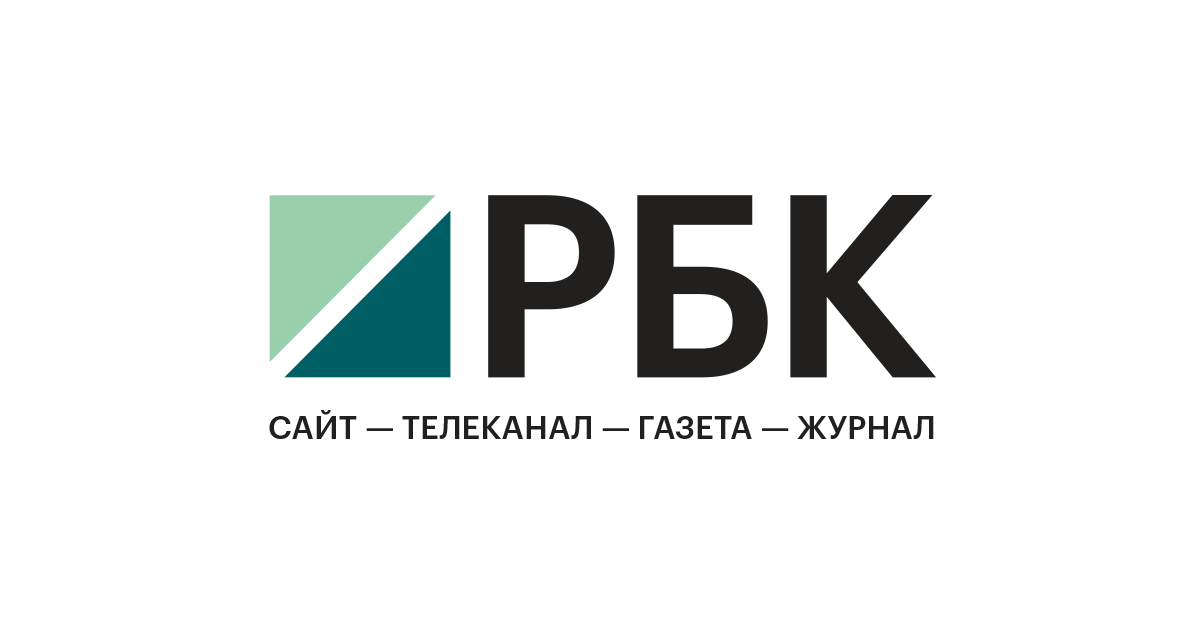Cybersecurity Challenges in Russia: Addressing Unresolved Issues
July 20, 2024, 3:34 am
The cyber landscape in Russia is fraught with challenges that demand immediate attention. From the complexities of IT systems making it easier for hackers to breach security to the rapid rise of phishing attacks, the country is facing a myriad of cybersecurity threats. The use of outdated versions of foreign software poses a significant risk, leading to catastrophic consequences in the event of data loss. Additionally, the lack of digital literacy among users further exacerbates the vulnerability of systems to cyber threats.
One of the primary challenges lies in the sophistication of IT systems, which inadvertently create vulnerabilities that hackers exploit. Implementing a Zero Trust approach, where all devices and users are treated as potential threats, is crucial in safeguarding against unauthorized access. This shift in mindset requires a reorganization of business processes and a significant investment in cybersecurity solutions.
The escalating prevalence of phishing attacks underscores the need for advanced technologies like artificial intelligence to detect and prevent fraudulent activities. AI-powered systems can analyze patterns in phishing emails and identify malicious intent, offering a proactive defense against cyber threats. While AI is not foolproof, its potential for enhancing cybersecurity measures is undeniable.
The reliance on outdated versions of foreign software poses a significant security risk, as these systems are often targeted by hackers due to known vulnerabilities. Transitioning to Russian-made software can mitigate these risks and contribute to the growth of the domestic IT industry. By supporting local developers, companies can enhance their cybersecurity posture and reduce their exposure to cyber threats.
The catastrophic impact of data loss on the economy cannot be understated, highlighting the importance of robust data backup strategies. Regular backups, coupled with employee training on cybersecurity best practices, can mitigate the risks associated with data breaches and system failures. Adhering to the 3-2-1 backup rule ensures data redundancy and resilience against unforeseen events.
Addressing the issue of inadequate digital literacy among users requires a concerted effort from both the government and businesses. Cybersecurity training programs and awareness campaigns play a crucial role in educating users on safe online practices and mitigating the risks of cyber attacks. By fostering a culture of cybersecurity awareness, organizations can empower their employees to recognize and respond to potential threats effectively.
Looking ahead, the future of cybersecurity will be shaped by technological advancements such as quantum computing and the Internet of Things (IoT). Quantum computers have the potential to revolutionize encryption methods, necessitating a reevaluation of existing security protocols. The proliferation of IoT devices further complicates the security landscape, underscoring the need for proactive measures to safeguard critical infrastructure.
In conclusion, addressing the unresolved cybersecurity challenges in Russia requires a multifaceted approach that encompasses technological innovation, user education, and policy reform. By embracing emerging technologies, fostering digital literacy, and promoting domestic cybersecurity solutions, Russia can enhance its cyber resilience and protect against evolving threats.
One of the primary challenges lies in the sophistication of IT systems, which inadvertently create vulnerabilities that hackers exploit. Implementing a Zero Trust approach, where all devices and users are treated as potential threats, is crucial in safeguarding against unauthorized access. This shift in mindset requires a reorganization of business processes and a significant investment in cybersecurity solutions.
The escalating prevalence of phishing attacks underscores the need for advanced technologies like artificial intelligence to detect and prevent fraudulent activities. AI-powered systems can analyze patterns in phishing emails and identify malicious intent, offering a proactive defense against cyber threats. While AI is not foolproof, its potential for enhancing cybersecurity measures is undeniable.
The reliance on outdated versions of foreign software poses a significant security risk, as these systems are often targeted by hackers due to known vulnerabilities. Transitioning to Russian-made software can mitigate these risks and contribute to the growth of the domestic IT industry. By supporting local developers, companies can enhance their cybersecurity posture and reduce their exposure to cyber threats.
The catastrophic impact of data loss on the economy cannot be understated, highlighting the importance of robust data backup strategies. Regular backups, coupled with employee training on cybersecurity best practices, can mitigate the risks associated with data breaches and system failures. Adhering to the 3-2-1 backup rule ensures data redundancy and resilience against unforeseen events.
Addressing the issue of inadequate digital literacy among users requires a concerted effort from both the government and businesses. Cybersecurity training programs and awareness campaigns play a crucial role in educating users on safe online practices and mitigating the risks of cyber attacks. By fostering a culture of cybersecurity awareness, organizations can empower their employees to recognize and respond to potential threats effectively.
Looking ahead, the future of cybersecurity will be shaped by technological advancements such as quantum computing and the Internet of Things (IoT). Quantum computers have the potential to revolutionize encryption methods, necessitating a reevaluation of existing security protocols. The proliferation of IoT devices further complicates the security landscape, underscoring the need for proactive measures to safeguard critical infrastructure.
In conclusion, addressing the unresolved cybersecurity challenges in Russia requires a multifaceted approach that encompasses technological innovation, user education, and policy reform. By embracing emerging technologies, fostering digital literacy, and promoting domestic cybersecurity solutions, Russia can enhance its cyber resilience and protect against evolving threats.
